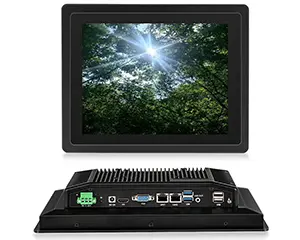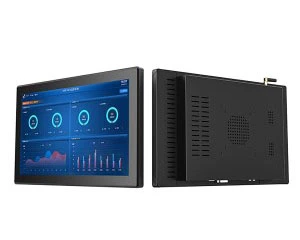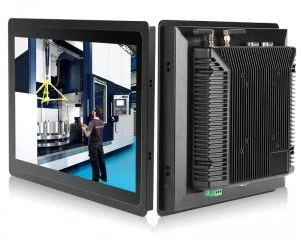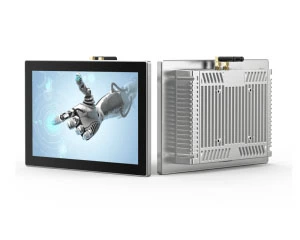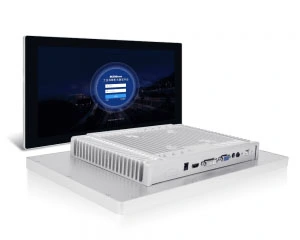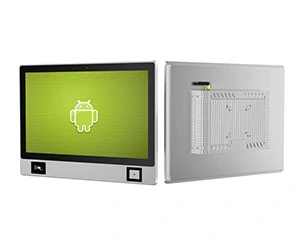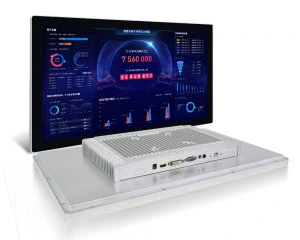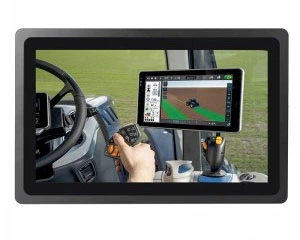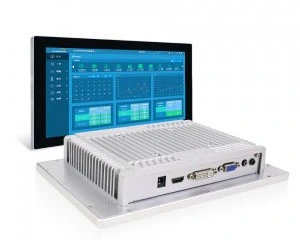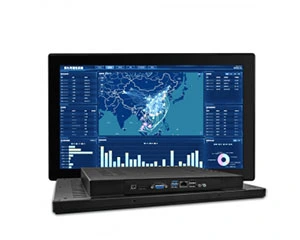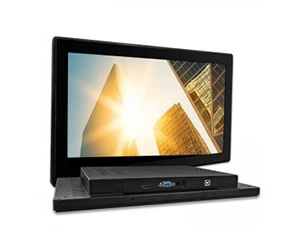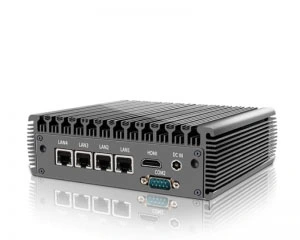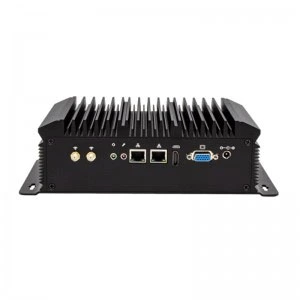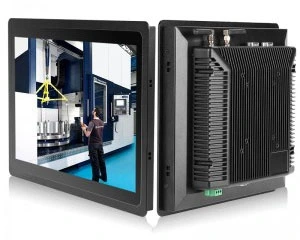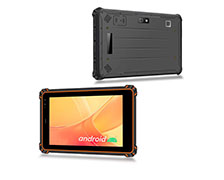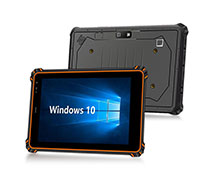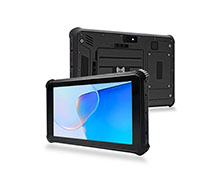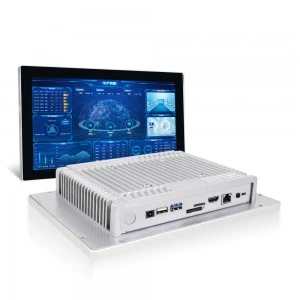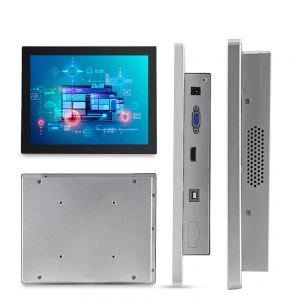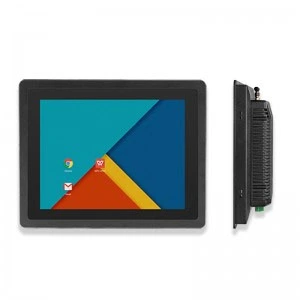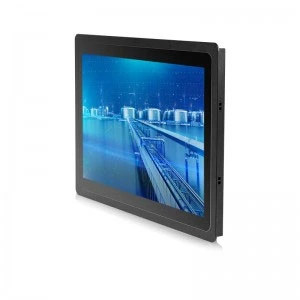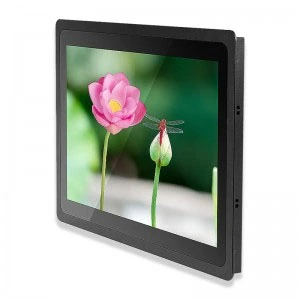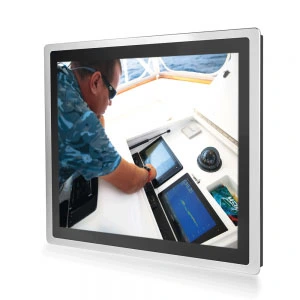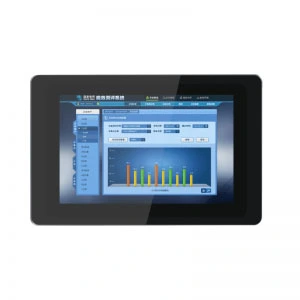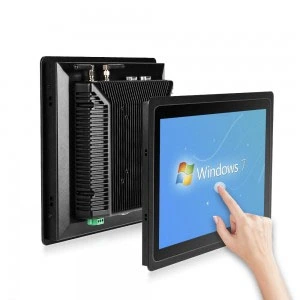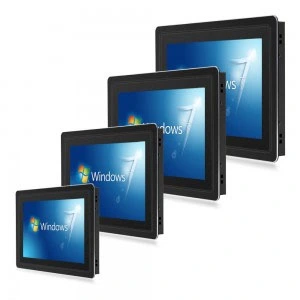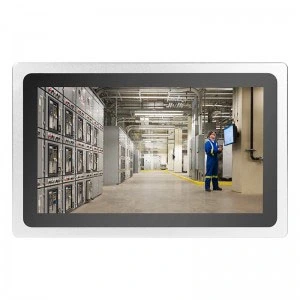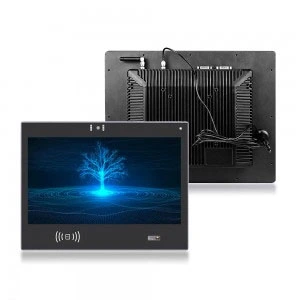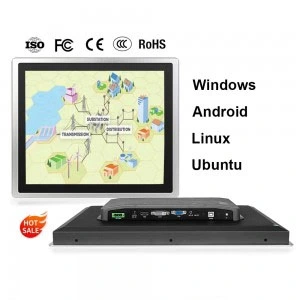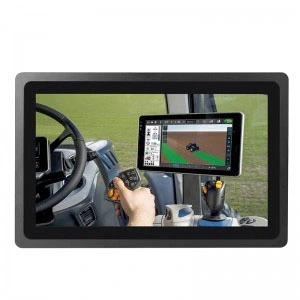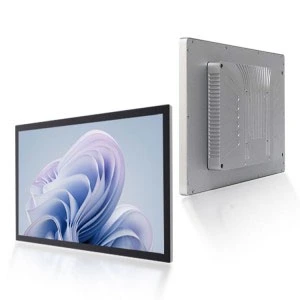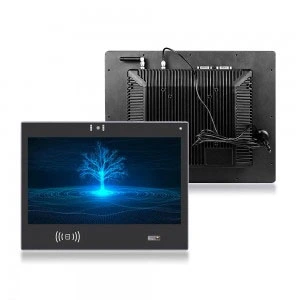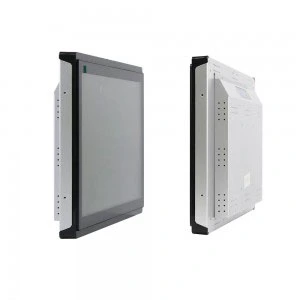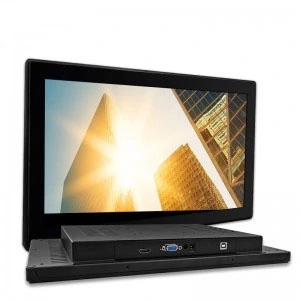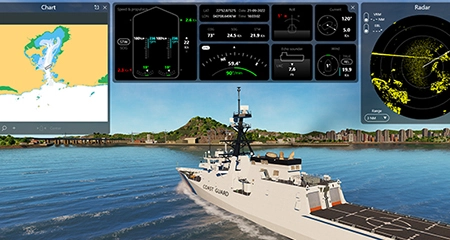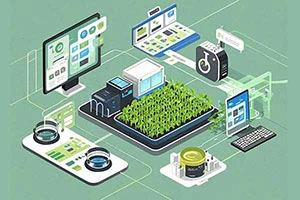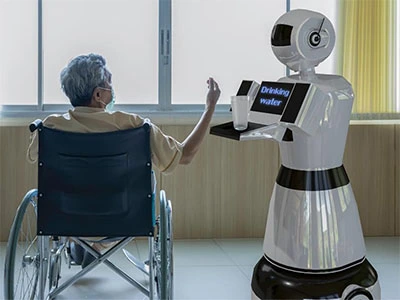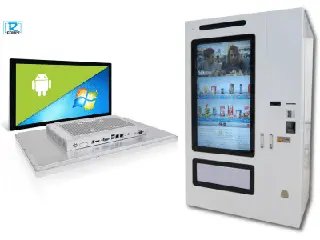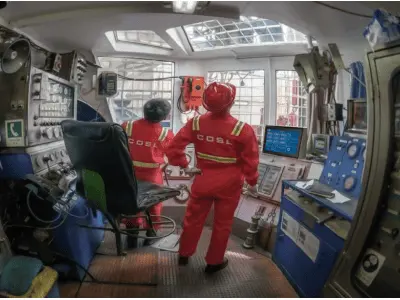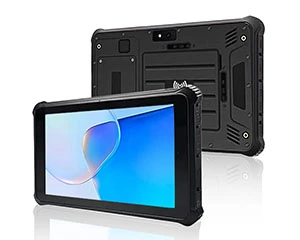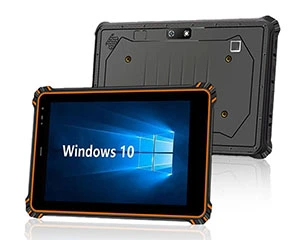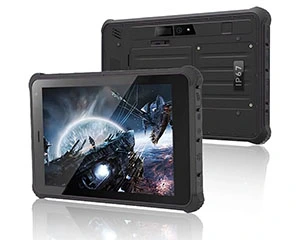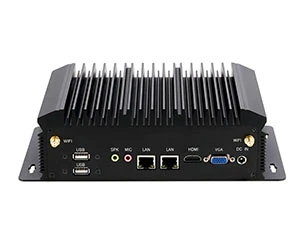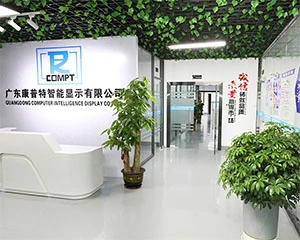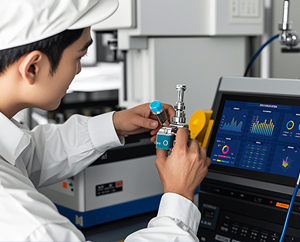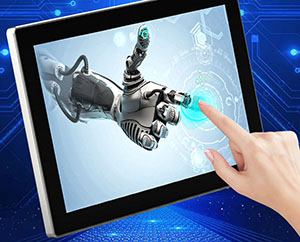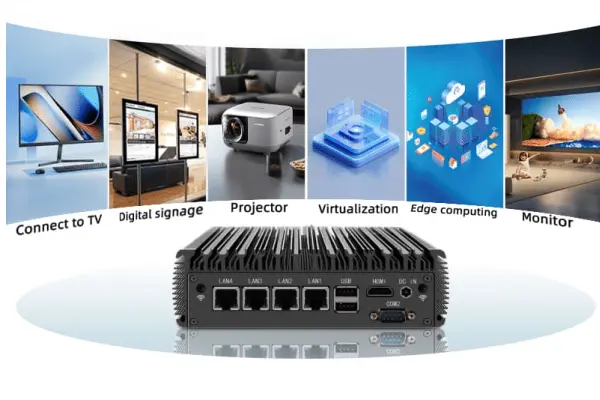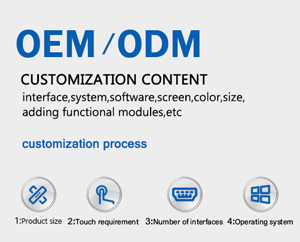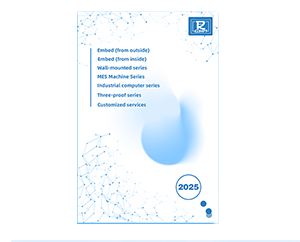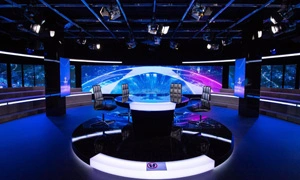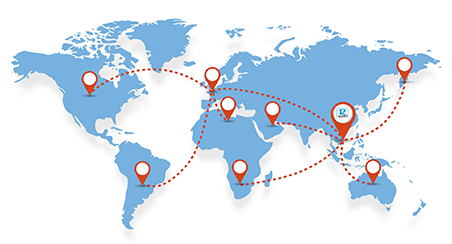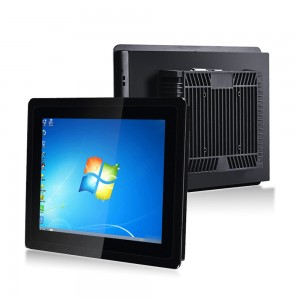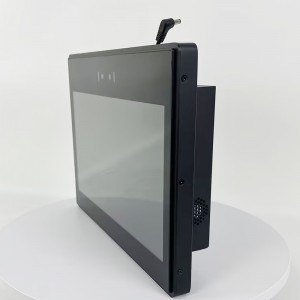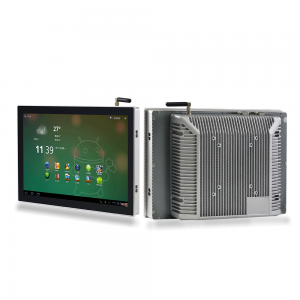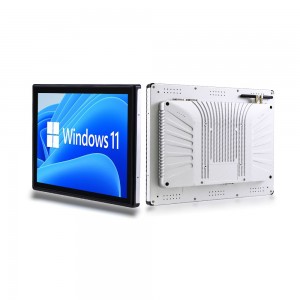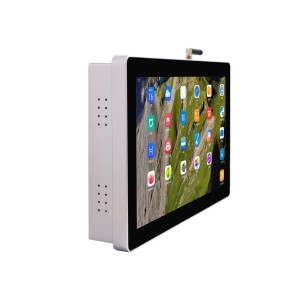Choosing the right industrial panel PC can mean the difference between seamless, long-term operations and expensive disruptions. From manufacturing to logistics, food processing and outdoor applications, these devices act as the building blocks of automation, monitoring and control. However, there are so many variants like fanless panel PCs, rugged panel PCs, all-in-one panel PCs, etc., that the selection of one among them can be quite challenging.
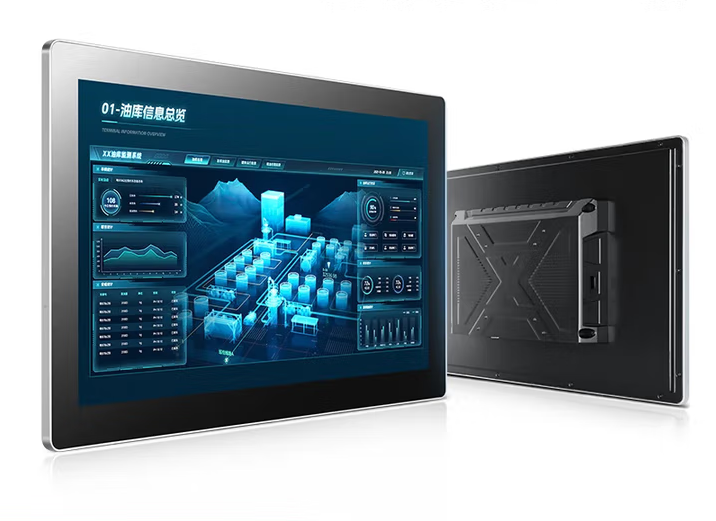
This guide covers the basic considerations to keep in mind when choosing a panel PC, where some specifications are more important than others, and which main product categories you will frequently encounter in industrial applications. Whether for a panel PC IP65 to resist dust and water ingress, a slim panel PC for space-constrained regions, or an industrial touch panel PC for accurate control, the idea is to aid your choice where performance, reliability, and price are involved.
Why Industrial Panel PCs Matter?
Compared to standard desktop PCs, an industrial touch panel is created to be able to withstand extreme conditions, temperature fluctuations, vibration, humidity, and in some environments, direct jets of water. They are typically fan-less, dust-sealed, and built using stainless steel or aluminum enclosures for enhanced ruggedness.
When we have a machinery tool, we actually need to interact with the panel mount touch screen PC can be embedded directly within the machinery creating an effective human-machine interface (HMI). On the other hand, an industrial monitor/open frame monitor provides more options to integrate within custom enclosures or specific environments.
As industries continue the journey toward digitization, the need for rugged, reliable systems has only increased, making the choice of these devices even more important.
Things to Consider While Selecting a Panel PC
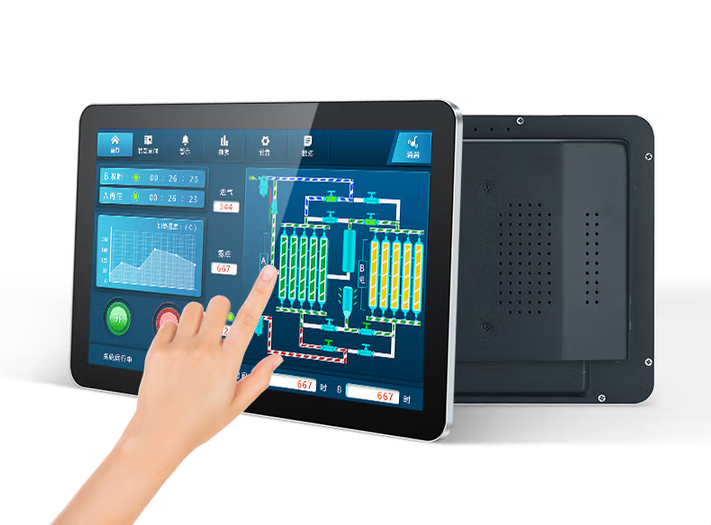
Environmental Protection (IP Rating)
If your panel PC is going to be subject to demanding environmental conditions, its Ingress Protection (IP) rating is important.
-
Panel PC IP65 rating provides a moderate level of protection against dust and low-pressure water from jets, and is suitable for manufacture applications in general factory environments.
-
IP66 rate is a step forward, resisting more forced water sprays, that is often necessary in food, pharmaceutical or outdoor applications with frequent washdowns – thus justified on most panel PC in limited environment.
In industries such as food processing, a stainless-steel panel PC not only complies with hygiene but also features a sealed and corrosion-resistant body.
Size and Display Requirements
Industrial usages differ; accordingly, the display form-factor demands also vary.
-
For cramped areas or basic control functions, a panel PC 10 or panel PC 12 will fit the bill perfectly.
-
A panel PC 15 or panel PC 15 inch provides an optimal size versus usability ratio, making it one the more common options.
-
Bigger choices like a board touch PC 17 or even a board PC 24 provides drivers with greater room to communicate with complicated applications.
-
Operators may opt for the 32-inch touch screen computer for advanced visualization and may even use 32 touch screen computer models as monitoring dashboards.
Sunlight Readable Panel PC or Touch Screen LCD Display Debris / Glare Free Visibility in Bright Light Applications
Touch Technology
Modern industrial PCs are characterized by the touch control. The precision you need to choose the right touch screen display for PC
-
Resistive touch, operates with gloves, for industrial applications
-
Capacitive touch: More sensitive, appropriate when a bare hand touch is anticipated.
For those evaluating upgrades, the best touch screen computer monitors or touch screen monitors for PC can future-proof your setup. A proper touch computer screen enables natural interaction which drastically cuts down training time for operators.
Performance and Operating System
Long-term viability of your industrial PC depends on the processing power and software compatibility.
-
CODESYS and Linux have been popular options for Panel PC, where Linux plays to its strengths with flexibility, cost saving, and stability in industrial automation.
-
For enterprise systems, Panel PC Windows is a natural choice as it should be easily integrated with the current system setup.
Besides the OS, you should consider CPU performance, RAM, and storage capacity. The hardware needed is heavier where applications include data acquisition, vision systems, or analytics.
Cooling and Reliability
Traditional PCs can fail due to moving parts and dusty environments. Which is why most industries are switching to fanless panel PCs, or fanless industrial panel PCs, to reduce maintenance and life cycle costs.
In extreme environmental conditions, a rugged all-in-one PC or rugged panel PC may have shock, vibration resistance, and wide operating temperature ranges.
Form Factor and Installation
Which form factor makes sense is usually governed by your installation environment:
-
Ideally suited for corner case areas like kiosks or small control panels, a slim panel PC is an all-in-one computing solution.
-
Open Frame Panel PC built into custom housing or inside existing industrial equipment
-
Panel mount touch screen PC offers a flush finishing, which is important for cleanroom or washdown environment.
The compactness and deployment ease of an all-in-one panel PC is unparalleled, as it has no need for separate components.
Industrial Panel PCs vs. Monitors
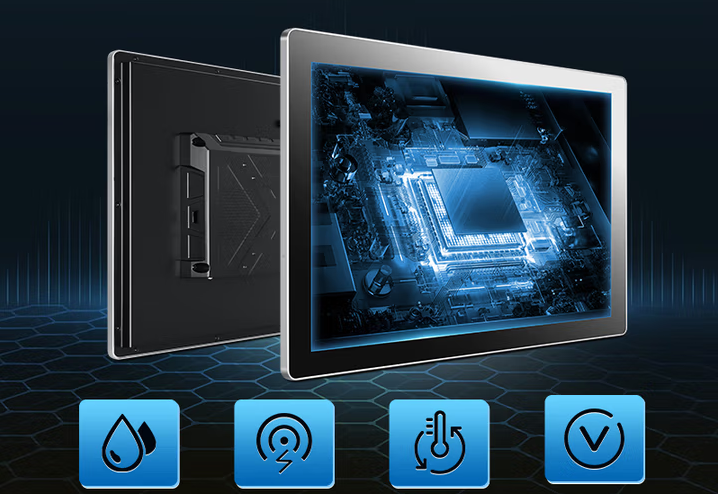
Not all of us need an entire embedded computer–some setups just need a display! In such a scenario, an industrial monitor / open frame monitor is an affordable option. However in automation that needs edge computing, a pc panel display or commercial touch display computer allows operators to connect to native software minimizing latency and community dependency.
Specialized Use Cases
Food and Pharmaceutical Industries
Typically, here an SS panel PC with a panel PC IP66 rating is required. Which resist water, chemicals from cleaning agents, and prevent bacterial accumulation.
Outdoor or Mobile Environments
For facilities that are on-site outdoors, a sunlight-readable panel PC and a rugged panel PC is vital for outdoor logistics, fleet management, or kiosks that are exposed to varying weather.
Precision Applications
Color measurement devices, inline spectrophotometer devices, or a color spectrophotometer might be included in quality control/in-line colors separation sectors. Though these tools are independent of the PC, their interphase typically necessitates a panel touch PC or an industrial touch panel PC compatible with specialized software.
Then again, the firms playing in higher stakes play around with shading estimation devices or shading instruments for inline checking, and furthermore, self-adjusting shading instruments. Before scaling across multiple production lines, most organizations check the color spectrophotometer price for budgeting.
Future-Proofing Your Investment
Firstly, when looking at the option of touch screen monitors for PC, panel touch PCs, or just a fanless panel PC, consider durability and cross-compatibility. While technology moves on, industrial-grade hardware keeps these systems running in the field for decades, not just a few months.
Look for:
-
Expandable memory and storage
-
Wide temperature tolerance
-
Long-term availability of spare parts
-
Support into Linux as well as Windows establishments
These not only protect your operations but also help to minimize downtime and maintenance costs.
Conclusion
You don’t just buy an industrial touch panel PC, you invest in reliability, efficiency, and safety. Every decision, from the IP rating for environmental protection, the appropriate display size, and whether a rugged all-in-one PC or a slim panel PC is appropriate, facilitates the best-performing system in the field.
From a panel PC 15 inch for running Linux, to a fanless panel PC for dusty environments, to a sunlight-readable panel PC for outdoor work, a solution is available for your application. Integrated capabilities increase even further with application-specific tools like color measuring devices and inline spectrophotometers.

Penny
Web Content Writer
4 years of experience
This article is edited by Penny, the website content writer of COMPT, who has 4 years working experience in the industrial PCs industry and often discusses with colleagues in R&D, marketing and production departments about the professional knowledge and application of industrial controllers, and has a deep understanding of the industry and products.
Please feel free to contact me to discuss more about industrial controllers. sales@gdcompt.com

